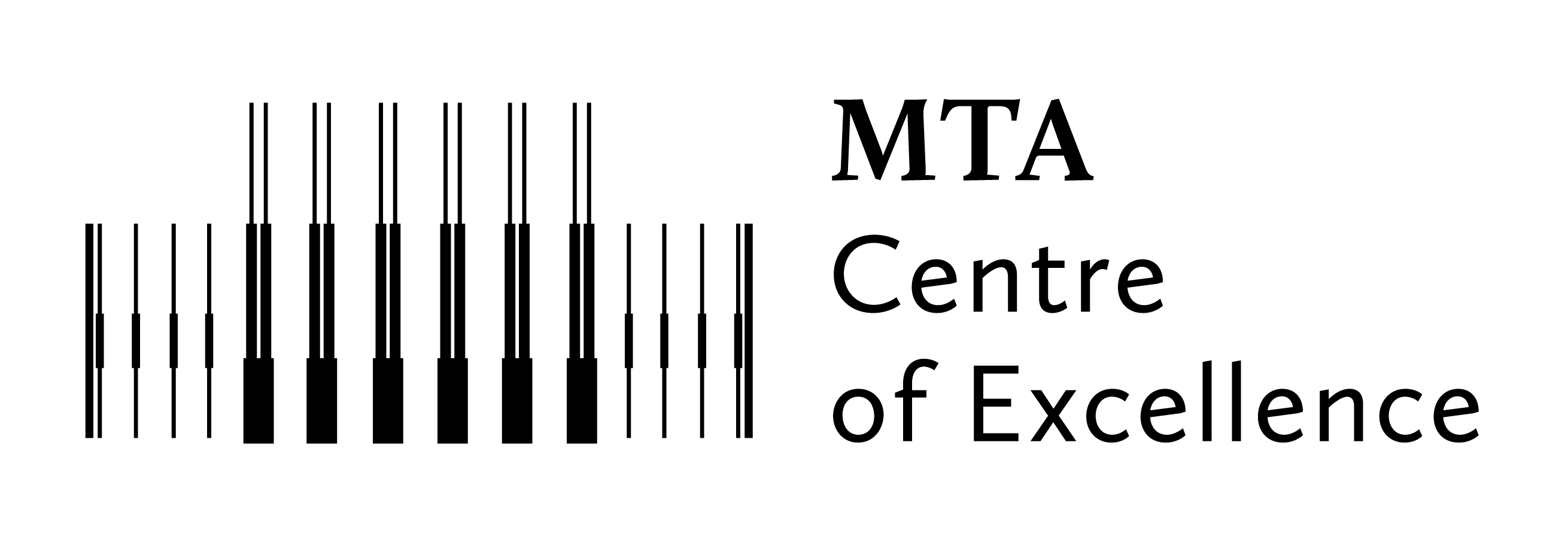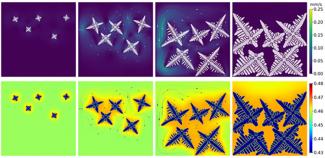Department of Experimental Solid State Physics
Department of Experimental Solid State Physics
 Department leader
Éva Kováts
Department leader
Éva Kováts
The main activity of the Department of Experimental Solid State Physics is the synthesis of new materials, determining their atomic structure and measuring their different physical properties. The aim of this research is to obtain advanced materials and understand the details of the relationship between their structure and their properties. This is a discovery-motivated research, which blends together experimental and computer physics, the material- and the method-based approach and traditional and cutting edge research directions. The range of materials examined is greatly varied: metallic nanoparticles, thin films, fullerens, nanotubes, metal-organic networks and protein solutions. Research techniques include X-ray diffraction, NMR, Mössbauer and optic spectroscopy. Computational physics is another strength of the department. We carry out mathematical and numerical modelling of complex solidification patterns and processes on advanced materials such as colloid systems, metals, polymers, meta-materials and biomorph crystal aggregates. Recently, we have also resolved important problems of XFEL one-particle imaging and we are planning to actively participate in these measurements in the future.
Department of Experimental Solid State Physics

The main activity of the Department of Experimental Solid State Physics is the synthesis of new materials, determining their atomic structure and measuring their different physical properties. The aim of this research is to obtain advanced materials and understand the details of the relationship between their structure and their properties. This is a discovery-motivated research, which blends together experimental and computer physics, the material- and the method-based approach and traditional and cutting edge research directions. The range of materials examined is greatly varied: metallic nanoparticles, thin films, fullerens, nanotubes, metal-organic networks and protein solutions. Research techniques include X-ray diffraction, NMR, Mössbauer and optic spectroscopy. Computational physics is another strength of the department. We carry out mathematical and numerical modelling of complex solidification patterns and processes on advanced materials such as colloid systems, metals, polymers, meta-materials and biomorph crystal aggregates. Recently, we have also resolved important problems of XFEL one-particle imaging and we are planning to actively participate in these measurements in the future.




